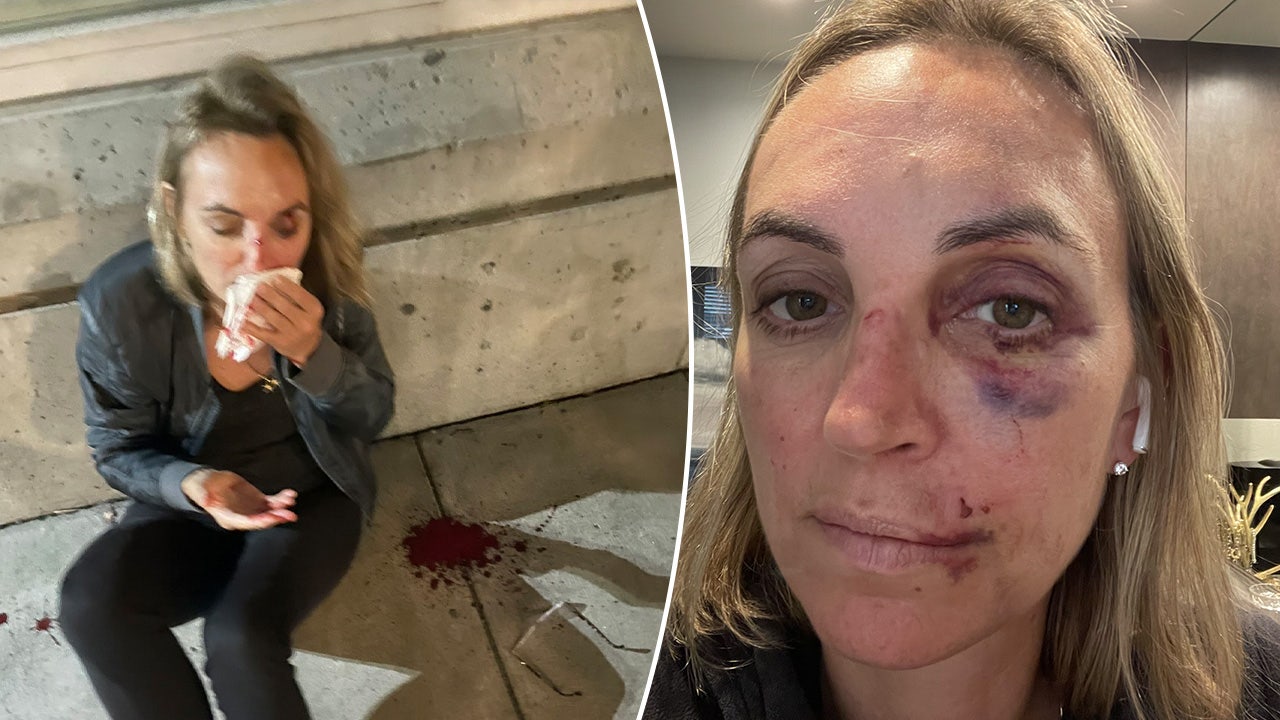I was real sick 13 years ago. Pulmonary Embolisms. While in the hospital, all sorts of doctors stopped by my room. I'd ask thier specialty and sent most packing. One was a OYB-GN!!! These crooks want to sign the chart and charge the fee.
My Dad was in hospital a few years ago and I sat with him 24 hrs/day for 4 weeks, taking notes of how much he ate and drank …versus how much he expelled… and observed that:
Nurses tried to administer medicines intended for other patients. One tried to make him drink his inhalation meds. Another tried to inject insulin into his abdomen in the middle of the night…ignoring my statements that Dad is NOT diabetic.. I had to physically grab both her wrists holding the syringe and forcefully move her into the hallway. (Found out that another patient on the same floor with a similar last name was diabetic.)
Staff attempted to get him to perform physical-therapy tasks for which his doctors had prohibited.
The Director of Physicians deliberately attempted to by-pass family directives.
He was given meds which disabled him, which after reading the PDR I insisted to be withdrawn. When I returned to his room a different med was given…which upon investigation…was actually the SAME medication under a Different Name!
He was in hospital originally for a potential aortic aneurism-repair …but was given a triple-by-pass instead. When the by-pass was completed he was told he had no need for aortic-aneurism repair.
They then installed a defibrillator/pace-maker which subsequently performed no useful function.
The hospital sent in a podiatrist ..for reasons unknown…who decided to trim his toenails and instead made a nasty cut on one toe. I threw this man out of the room as I had walked in just-then.
By the 3rd week He had contracted pneumonia and became very week and ill with high-fever.
Since this was all in the Michael Debakey Heart section of Houston Methodist Hospital…his own doctors were not allowed to participate in his health care. I contacted them and had them arrange an ambulance-transfer to Houstons Park-Plaza Hospital…whereupon he was immediately diagnosed with Septicemia and near death. When the Methodist Hospital finally allowed the ambulance-techs to enter his room…it was not the 9AM hour as scheduled…but 3PM…. for which they charged Medicare another $350 for staying another day beyond check-out.
When we got him into Park Plaza, His personal physician, Dr. Nelson Fernandez personally stayed with him (despite being a day AND a night he was scheduled “off”) ….. and administered anti-fever and anti-biotic medication through the night which saved his life despite predictions he would succumb that evening.
His personal cardiologist Dr. Jonas Garcia spent the next two weeks correcting his regimen after-which his heart functions returned to normal.
Dad recovered and returned home to a normal life and lived another Five Years of general good health and happy retirement.
Bottom line: Only the presence of a “patient advocate” …continually present …and intimately involved in the direct care of the patient will provoke hospitals to provide intelligent and meaningful health care. Hospitals will examine the Health Insurance of the patient and they will perform EVERY procedure that insurance will pay-for…. Regardless of it’s pertinence to the disease for which admission was made. Dad’s insurance was billed for thou$and$ which had Nothing to do with his condition ( the podiatrist who injured him was only a small part.)
By the way… the Park Plaza house doctor visited Dad…and discovered that Dad was the former Charity Hospital Board Member who once 20-years earlier had castigated him in a formal public meeting in which the doctor felt “wronged”. During the doctors sudden realization who Dad was, he admitted that as a young intern he had been incorrect, and he complimented Dad for helping to create the public EMS system for Houston in the early ‘70s. (Dad was an electrician…not a hospital administrator. He had provoked the county judge and Houston mayor to investigate the city practices of using funeral homes for ambulance services and to initiate a “triage” practice in ERs similar to what was practiced in VietNam MASH units.
Sorry to be so long-winded...but if this helps anyone else deal with the public and private health systems…it will be worth it. Keep in mind…the hospital will administer tests and procedures that insurance will pay-for….even if those have Nothing to DO with the illness. “Do no Harm”…is only an oath doctors supposedly take… has little to do with ”doing whatever they’ll pay for”.


